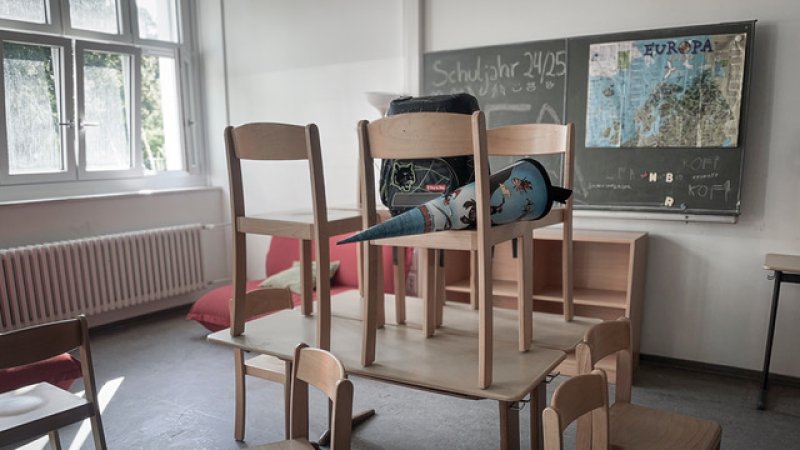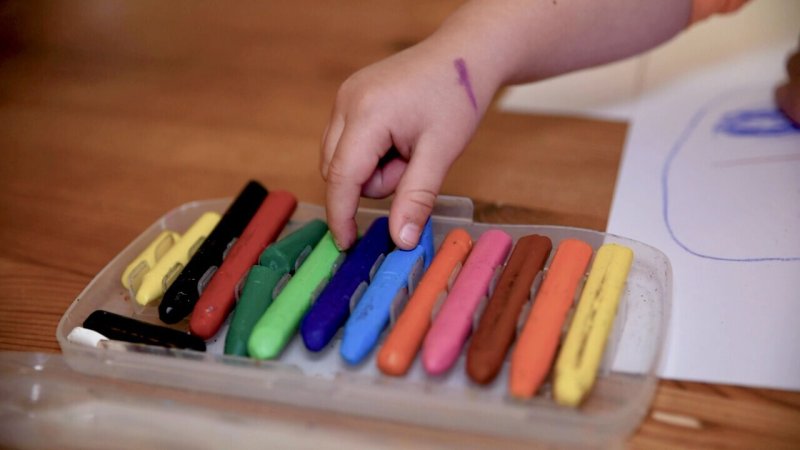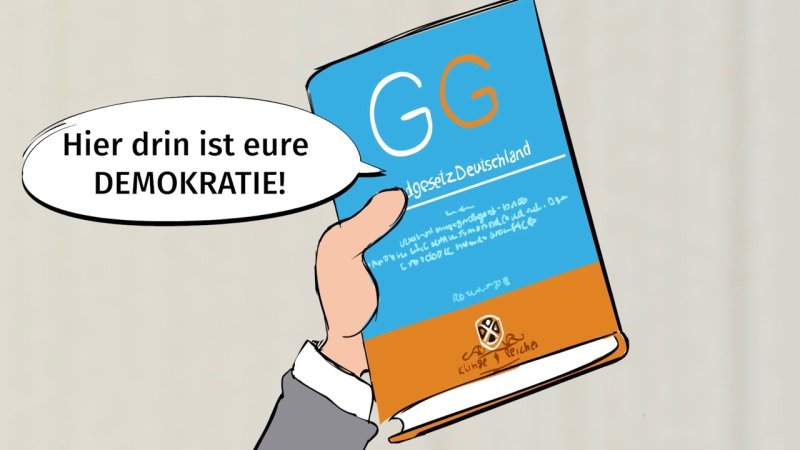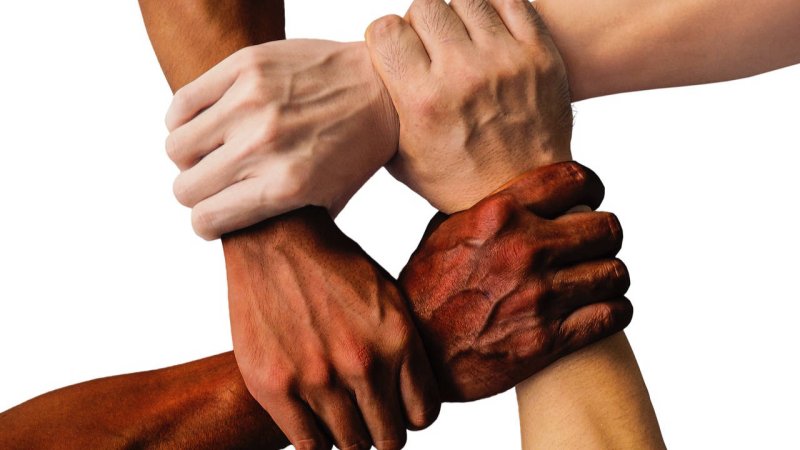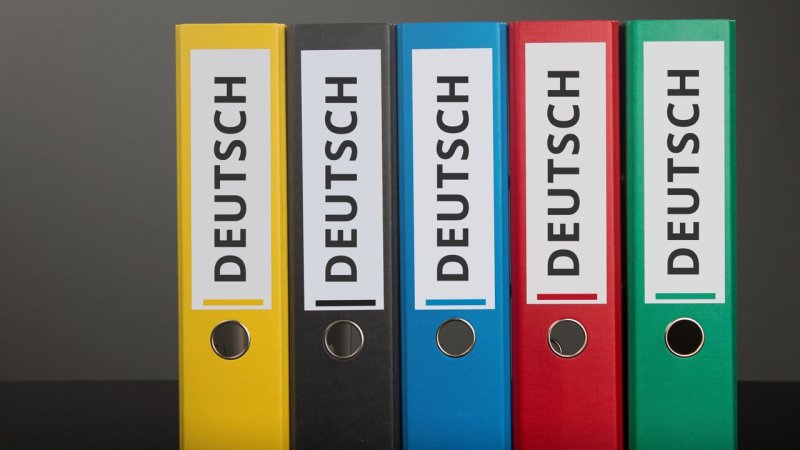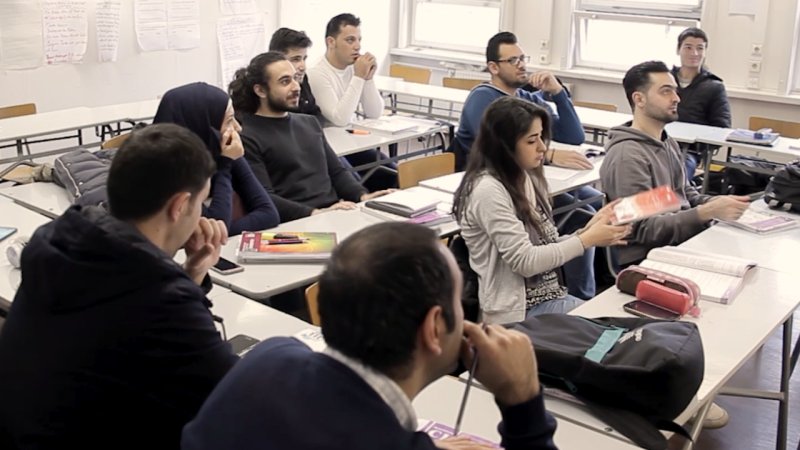
Speaking German makes your life in Germany much easier and is an important step towards the job market. Learning German, however, doesn’t mean you should unlearn your own language. Especially children adapt very quickly and could forget the language of their parents. In our globalised world, language skills are a big advantage, which is why it is important to promote them. Here you can find some helpful information about multilingual schools and language courses.
For children, growing up with two or more languages is a great opportunity. That is why it is important to speak the languages of your family with your children in. Talk to your children in the language you are best at. Make rules, which language will be used when and with whom. Your children can thus assign the languages to different persons (e.g. the mother, the father, the grandparents, the kindergarten teachers) or occasions (e.g. a family dinner).
Outside the family, there are possibilities to promote the first language or family language. In some cities there are, for example, bilingual or bilingual kindergartens / kindergartens and schools. Ask your local authorities about multilingual kindergartens and day-care centres or school in person or look for kindergartens and schools (fmks) on the website of the association for early multilingualism (Frühe Mehrsprachigkeit an Kitas und Schulen or fmks).
There are many ways to learn your mother tongue or improve your proficiency without attending school or university. Different types of “Volkshochschule” (VHS or “Adult Education Centre”) are offering affordable courses all across Germany. Each local “Volkshochschule” has its own programmes, which is published twice a year. You can find these programmes online.
Multilingualism is not a “problem”. On the contrary, it helps the cognitive development of children. Learning several languages, therefore, should be promoted and supported.
Youth Migration Service provides support to young refugees and migrants in Germany.
